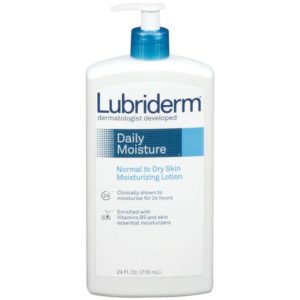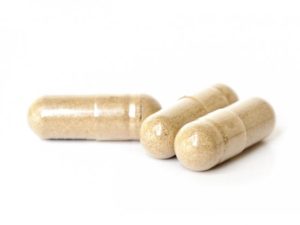
Once again, preservatives found in ultra-processed foods are linked to health harms. A large study of 105,260 French adults found that higher intakes of some common food additives or preservatives are linked to certain cancers.
There was an association of higher intake of seven preservatives with a higher risk of overall cancer, and also with breast and prostate cancer. On the other hand, there was no link between overall preservatives and cancer - just with the 7 preservatives.
The researchers looked at the overall cancer rate, as well as the most common 17 preservatives, and found certain associations: potassium sorbate with overall cancer and breast cancer, potassium metabisulfite with overall cancer and breast cancer, sodium nitrite with prostate cancer, potassium nitrate with overall cancer and breast cancer, acetates with overall cancer and breast cancer, acetic acid with overall cancer, and sodium erythorbate with overall cancer and breast cancer.
Bottom line: Read ingredient lists on food labels. Avoid foods that contain ingredients with chemical sounding names that are not normally found in a home kitchen. Those ingredients are in ultra-processed foods. Additionally, "natural flavors" are laboratory concoctions (found in ultra-processed foods).
From The Guardian: Studies link some food preservatives to higher diabetes and cancer risk
Higher consumption of some food preservatives is associated with an increased risk of type 2 diabetes and cancer, two studies suggest.
The findings, published in the medical journals Nature Communications and the BMJ, may have important public health implications given the ubiquitous use of these additives globally, researchers said. ...continue reading "Some Food Preservatives Are Linked To Cancer"


 The women she looked at lived in farming areas, and additionally many had their residences frequently sprayed for insects. Ultimately, women exposed to high levels of pesticides tend to develop metastatic untreatable breast cancer, and at a younger age (unlike other areas where breast cancer is highly treatable). She pointed out that pesticides also have a negative effect on the immune system.
The women she looked at lived in farming areas, and additionally many had their residences frequently sprayed for insects. Ultimately, women exposed to high levels of pesticides tend to develop metastatic untreatable breast cancer, and at a younger age (unlike other areas where breast cancer is highly treatable). She pointed out that pesticides also have a negative effect on the immune system.
 Most Americans eat highly processed or ultra-processed foods every single day, with most of their daily calories from them! There are all sorts of health risks from these foods, with a recent study finding an overall increased risk of cancer, as well as prostate and breast cancer.
Most Americans eat highly processed or ultra-processed foods every single day, with most of their daily calories from them! There are all sorts of health risks from these foods, with a recent study finding an overall increased risk of cancer, as well as prostate and breast cancer. People worry about breast cancer and whether exposure to chemicals "in the environment" can lead to breast cancer. According to many studies the answer is: YES, absolutely - and this is why they are called carcinogens (a substance capable of causing cancer). What are the chemicals?
People worry about breast cancer and whether exposure to chemicals "in the environment" can lead to breast cancer. According to many studies the answer is: YES, absolutely - and this is why they are called carcinogens (a substance capable of causing cancer). What are the chemicals? Do you know what chemicals you're exposed to on a daily basis? A recent study found that women with cancers of the breast, uterus, skin (melanoma), or ovaries had significantly higher levels of certain endocrine disrupting chemicals in their bodies than women without any of those cancers.
Do you know what chemicals you're exposed to on a daily basis? A recent study found that women with cancers of the breast, uterus, skin (melanoma), or ovaries had significantly higher levels of certain endocrine disrupting chemicals in their bodies than women without any of those cancers. Some dietary supplements can do serious harm, especially when taken in high doses. A
Some dietary supplements can do serious harm, especially when taken in high doses. A